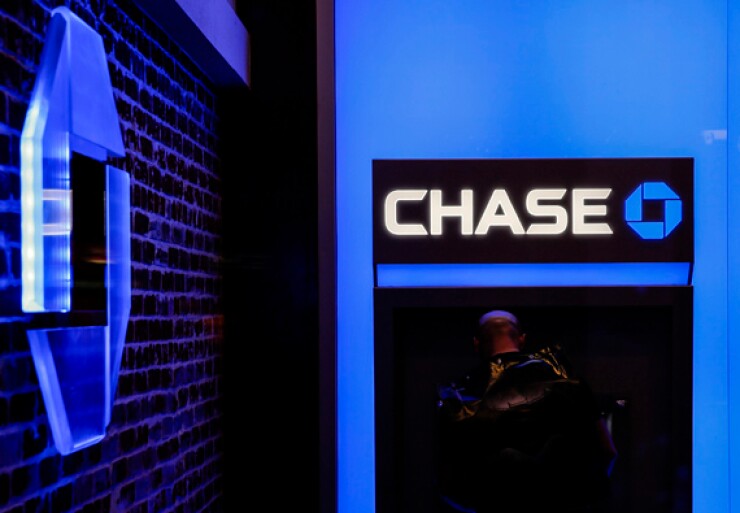JPMorgan Chase’s next offering of private-label mortgage bonds is a pure play on a single product, adjustable-rate mortgages, from a single originator, First Republic Bank.
Adding to the layering of risks, the majority of the loans (84%) originally paid only interest, and no principal, at the time of origination. So-called hybrid adjustable-rate mortgages are risky because the borrower may experience a “shock” when rates reset from their initial, low level and then are adjusted periodically. The reset shock can be even greater when borrowers are initially only paying interest.
All 506 loans in the $490.47 million transaction, JPMMT 2018-7FRB, have passed their initial fixed-rate period, eliminating some of the potential for payment shock, though 72% of borrowers in the pool are still paying only interest, according to Fitch Ratings.
Another risk is the fact that approximately 35% of the pool is non-owner-occupied (21% investor properties and 14% second homes), which Fitch considers to have a higher likelihood of default than owner-occupied homes.

Another risk – one that is common to securitizations of large loans to prime-quality borrowers – is geographic concentration. Approximately 65% of the pool is concentrated in California. The largest concentration by metropolitan statistical area is San Francisco (38.8%), followed by New York (22.3%) and Los Angeles (10.8%). The top three MSAs account for approximately 71.8% of the pool.
One thing that should not weigh on investors is liability under the ability-to-repay rule for so-called qualified mortgages. While interest-only loans are not eligible for a legal safe harbor from rule, the vast majority (96.1%) of loans in the pool were originated before the rule took effect in January 2014. One loan is subject to the rule and eligible for the safe harbor; only 15 are subject to the rule but not eligible for safe harbor.
All loans will be serviced by First Republic Bank, while Wells Fargo Bank will act as the master servicer.
Fitch expects to assign an AAA rating to the senior tranches of notes to be issued, which benefit from 10% credit enhancement.
Despite the risks associated with interest only hybrid adjustable-rate mortgages, Fitch has a high opinion of First Republic, which it ranks as an “above average originator. (The bank regularly contributes collateral to JPMorgan Chase mortgage bonds, though it is usually one of several originators.)
“The 100% compliance review performed by a third-party due diligence firm confirmed a sound loan origination process,” Fitch notes in its presale report.
Furthermore, all of the loans were originated through First Republic’s retail channel, which Fitch views positively. “Loans originated directly by the lending institution traditionally have performed better than correspondent and broker loans,” the presale report states.





